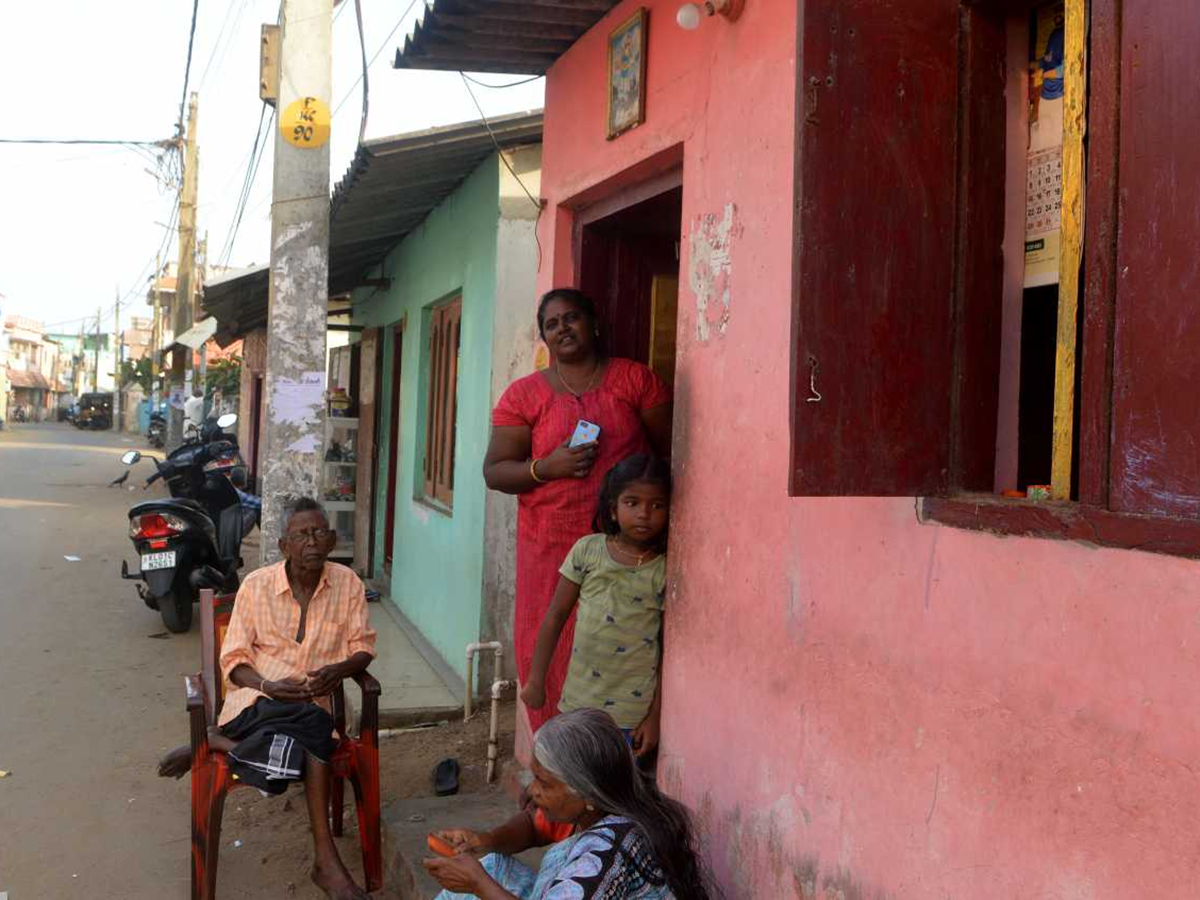Our project examines how management of the Covid-19 crisis affected residents of poorer urban neighbourhoods in India. Comparative research in Ahmedabad (Gujarat), Chennai (Tamil Nadu) and Trivandrum (Kerala), has investigated the experiences of residents, front-line staff and urban managers, combining this with secondary data explore the challenges cities these faced, and their reactions to these. Our findings demonstrate that this crisis could not be treated effectively through disease containment measures alone: community engagement and enhanced delivery of welfare support were vital components in ensuring grassroots compliance with public health measures.

Perumbakkam, Chennai (Tamil Nadu), a resettlement project in which local NGOs provided core relief services

VKP Nagar, Thiruvananthapuram (Kerala), a neighbourhood that organised its own community kitchen during the pandemic
Our research provides a case study of crisis management that will be useful to urban administrators and leaders planning for future pandemics or other acute threats. We argue that the city governments’ crisis responses were most effective where they combined the following: strong prior investment in frontline public services; universal prevention and support measures that anticipated the needs of marginalised communities; flexible use of existing government capacity and the willingness to expand this through a coordinated temporary/volunteer workforce; and establishing structures not only data gathering, but also for rapid reflection among multiple stakeholder groups at city- and neighbourhood level, allowing real-time fine-tuning of strategy in response to grassroots conditions.
